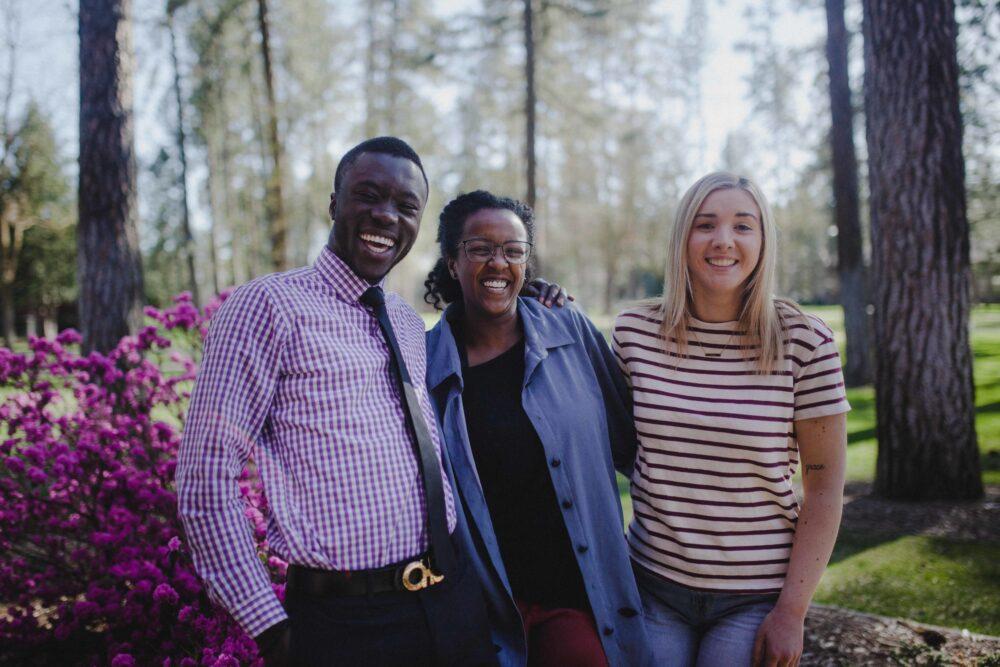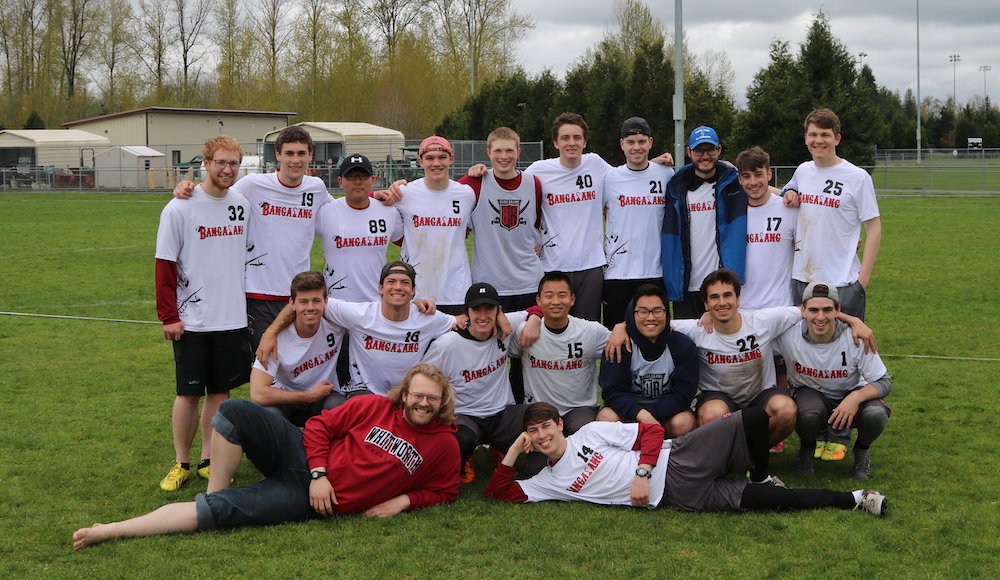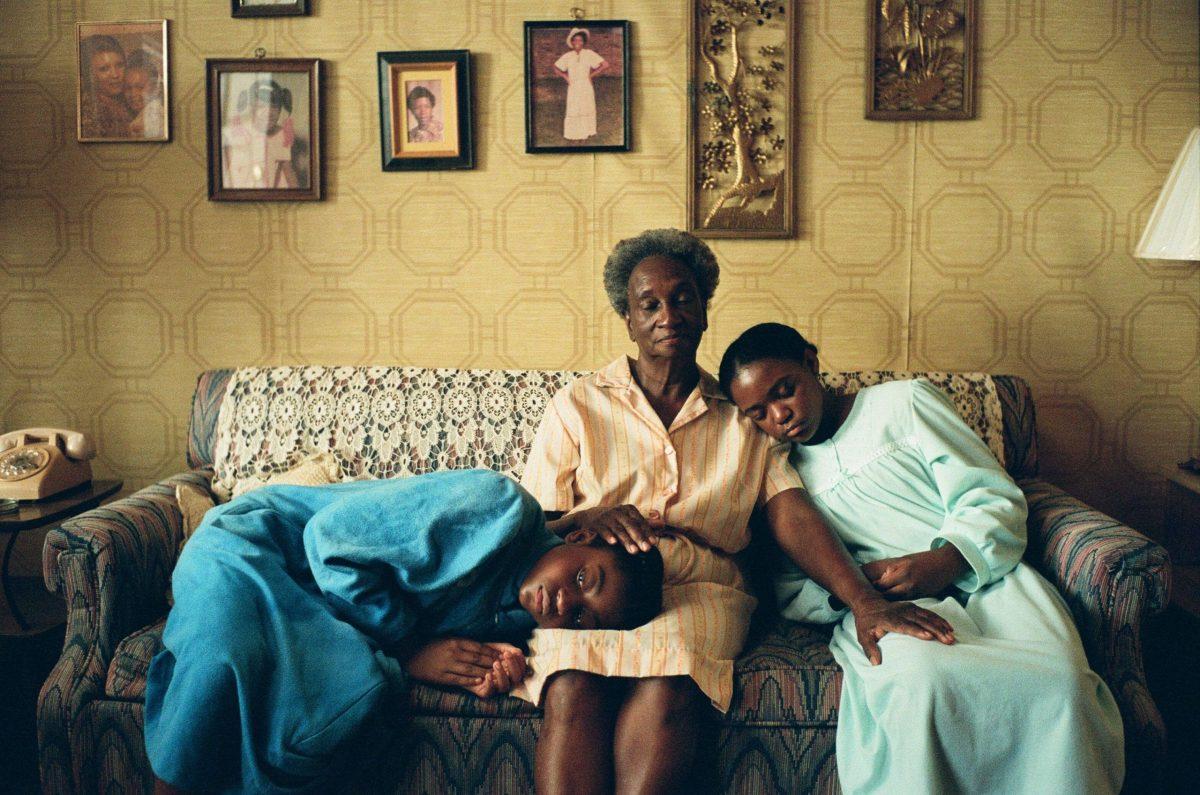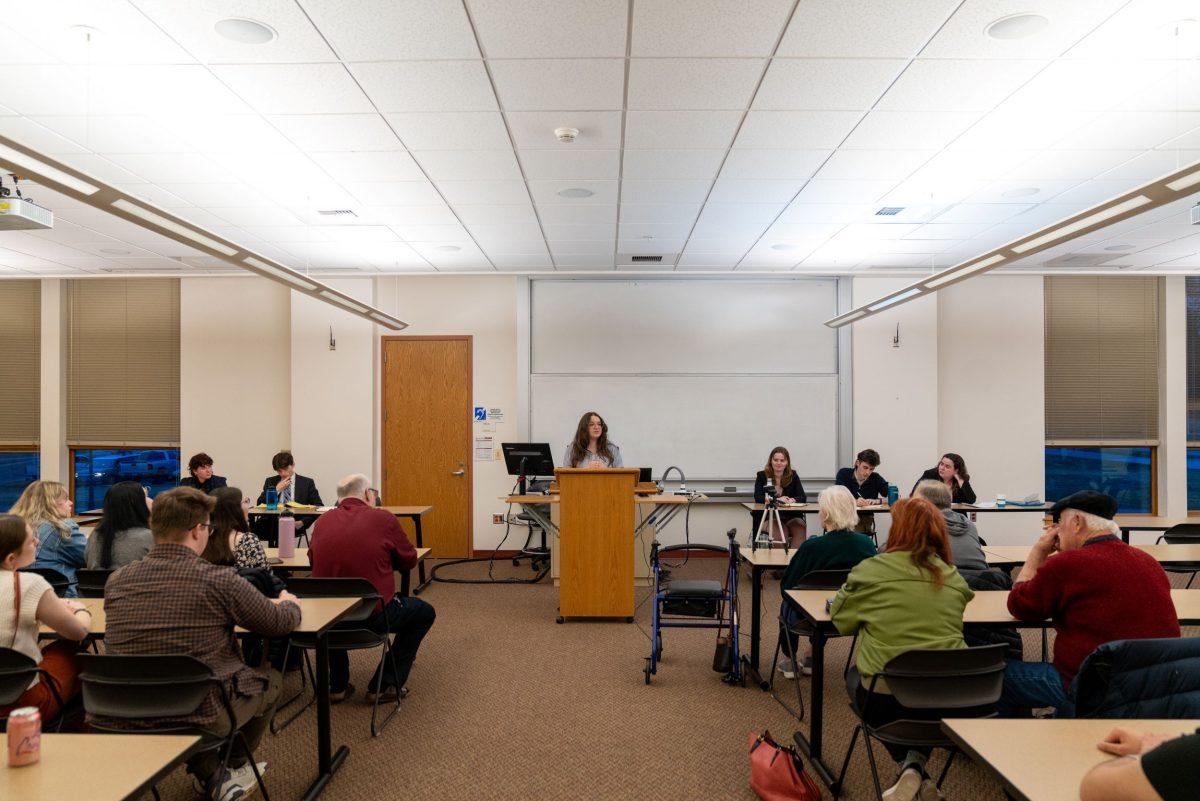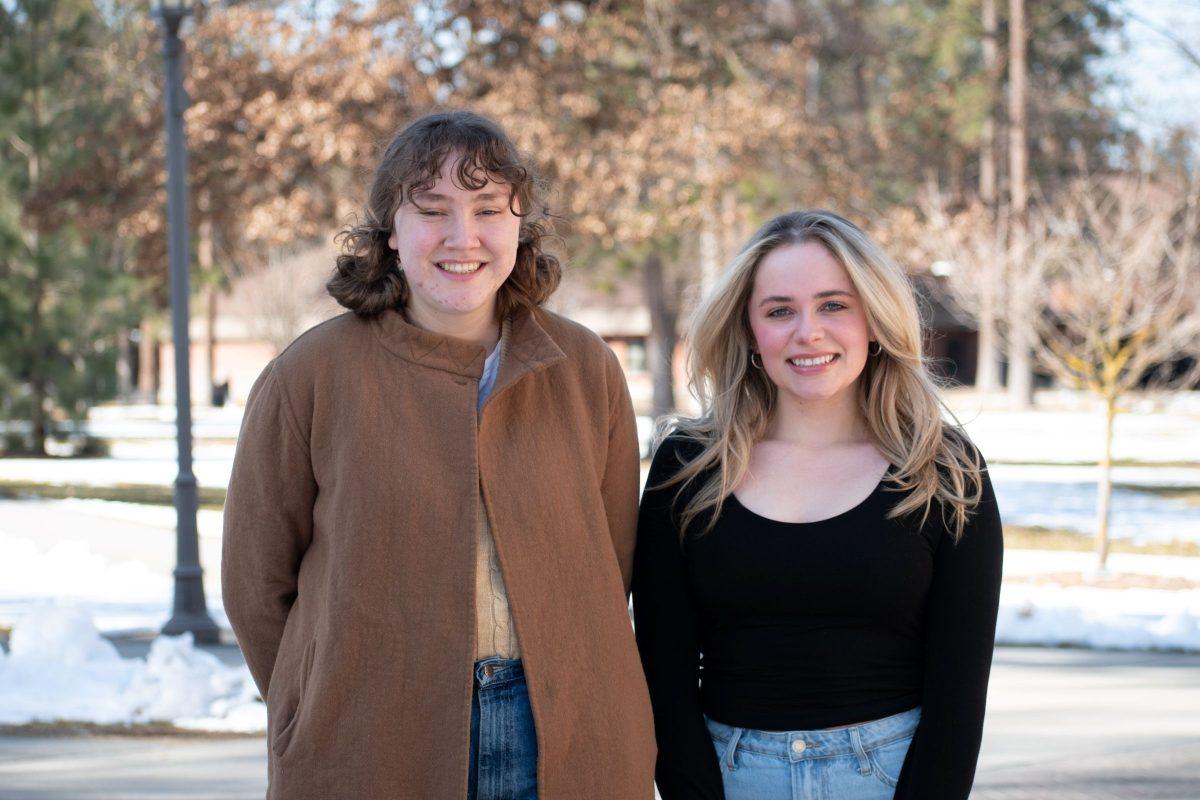The student diversity, equity and inclusion department is taking matters into their own hands, hosting events like the Invisible Neighbors Conference to provide outlets and resources for undocumented students during these times of change within the community.
The Invisible Neighbors Conference was an opportunity offered for undocumented high school and college students, intended to connect them with resources to access scholarships, teach them how to work without DACA because it was recently revoked and how to apply for grad school, sophomore Lacy Nguyen co-president of the Spokane Dream Project said.
The conference included workshops regarding how to be an undocumented ally, organizing events at local high schools or campuses and also how teachers or educators can support their undocumented students, Nguyen said.
As of Sept. 5, President Donald Trump terminated the DACA – Deferred Action for Childhood Arrivals – program that shields young undocumented immigrants from being deported, according to PBS.
Several Whitworth students are working to educate the community about the process of immigration and how students are directly affected without the DACA program.
“It was more about creating a change because it directly affects me and other people,” freshman Abranna Romero-Rocha said. “I know that a lot of people don’t have a lot of empathy toward it and that people should know what’s happening in people’s lives. It’s about educating people who are not aware of it.”
Some students struggle with removing themselves from their own bubble and take the perspectives of others, Nguyen said.
With the controversial topic of the conference, there is opportunity for conversation, but sometimes people treat it like a competition, Romero-Rocha said.
“I hope that people will come learn what it’s really like to be undocumented,” sophomore Sara Trujillo said. “There are so many myths out there about our situations and the way we live and apply for citizenship. This process is a lot more complicated and intricate than people could expect.”
Although the conference was an outlet to learn more about undocumented students and how to get involved, many students are involved in supporting this movement in other ways on and off campus.
“I do my best to show up to rallies, to call my local legislators and articulate what I’ve heard from the Spokane Dream Project about policy changes that need to be made,” senior Hannah Howell said. “I also have a lot of undocumented friends who I care about deeply. I am there to listen and stand with them when they are sharing their story, which is a pretty scary thing for them. This is something that matters to me as an ally.”
The Spokane Dream Project is working within the Spokane community to bring a sense of security among the students, Romero-Rocha said.
“Currently, the Spokane Dream Project has been going to middle schools and speaking to them about what it means to be undocumented, sharing our stories,” she said. “This would make them aware about what is happening and talking about things that some people may not be comfortable talking about.”
It was previously not as easy or safe for many students to express their opinions and stories about being undocumented, said Trujillo. Now, they are taking the chance to share their experiences and unite the community through education and awareness.
“I continue to support events around the community to advocate for undocumented students,” Trujillo said. “In the past, it was hard to be involved for fear of being seen. My voice could never be counted. Now that I have residency and I am able to step out and have credibility I push myself to advocate.”
Those who are experiencing the process of being undocumented students express their desire for others to take the time to listen and understand their situation through the dynamic of the conference and the information that was shared.
“I hope that people will approach this issue with open minds,” Trujillo said. “Because the fact of the matter is you won’t ever be able to understand it unless you are affected by it. Therefore people should try their best to grasp this concept from the voice of undocumented people.”
At this time, no new DACA applications are being accepted. However, current DACA permits remain valid until their expiration dates. According to President Trump’s movement to rescind the program protecting young undocumented immigrants, the last authorization will end on March 5 in 2020.
As of now, “the crisis of over 11 million undocumented Americans not having access to a path to citizenship isn’t going to solved anytime soon,” senior Kamau Chege founder of Spokane Dream Project said. “Passing the Dream Act this year would, at best, only provide citizenship to about a million.”
If students want to help and support the students who are experiencing the struggle of losing DACA, there are opportunities for them to get involved.
“They can contact Spokane Dream Project and start organizing their own phone-banks and office visits to Congresswoman McMorris-Rodgers to urge her to co-sponsor a clean Dream Act,” Chege said.
Although Chege is graduating this year and passing the club onto other students to coordinate, he has no hard feelings as he feels secure in the leadership team.
“I feel great, because it’s never been about me – it’s always been about the work,” he said. “And, at this point, Spokane Dream Project is probably the most politically powerful on campus, led by kick-ass freshman and sophomore women like Abranna, Lacy, Sara, Cat, Morgan, and so many others.”
As the student leaders of Spokane Dream Project stood up and led the workshops for their fellow peers, vulnerability and strength were displayed as they shared their heart wrenching stories while simultaneously teaching others how to be involved and aware of those being discriminated against.

